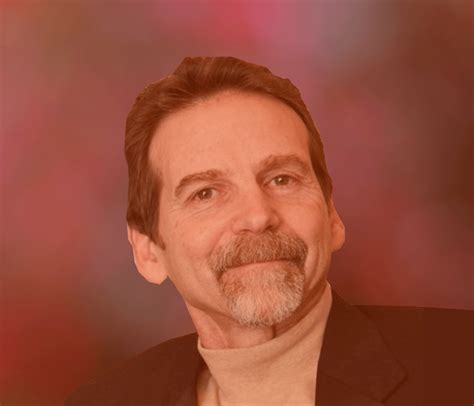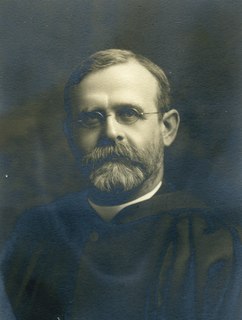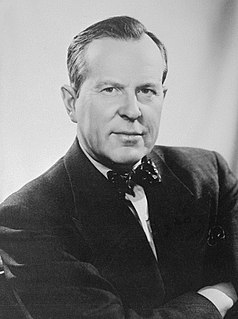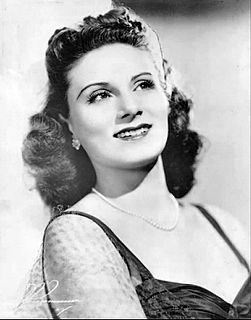A Quote by Kirk J. Schneider
Our greatest challenge today is to couple conviction with doubt. By conviction, I mean some pragmatically developed faith, trust, or centeredness; and by doubt I mean openness to the ongoing changeability, mystery, and fallibility of the conviction.
Related Quotes
Doubt requires more courage than conviction does, and more energy; because conviction is a resting place and doubt is infinite – it is a passionate exercise. You may come out of my play uncertain. You may want to be sure. Look down on that feeling. We’ve got to learn to live with a full measure of uncertainty. There is no last word. That’s the silence under the chatter of our time.
Faith affects the whole of man's nature. It commences with the conviction of the mind based on adequate evidence; it continues in the confidence of the heart or emotions based on conviction, and it is crowned in the consent of the will by means of which the conviction and confidence are expressed in conduct.
In those who rest on their unshakable faith, pharisaism and fanaticism are the unmistakable symptoms of doubt which has been repressed. Doubt is not overcome by repression but by courage. Courage does not deny that there is doubt, but it takes the doubt into itself as an expression of its own finitude and affirms the content of an ultimate concern. Courage does not need the safety of an unquestionable conviction. It includes the risk without which no creative life is possible.
The patient typically finds himself impelled by some deep, inner conviction that something is true, or right, or virtuous: a conviction that doesn't seem to owe anything to evidence or reason, but which, nevertheless, he feels as totally compelling and convincing. We doctors refer to such a belief as 'faith'.
The conviction: I will not tolerate this age. The freedom: the freedom to act on my conviction. And I will act. No one else has both the conviction and the freedom. Many agree with me, have the conviction, but will not act. Some act, assassinate, bomb, burn, etc., but they are the crazies. Crazy acts by crazy people. But what if one, sober, reasonable, and honorable man should act, and act with perfect sobriety, reason, and honor? Then you have the beginning of a new age. We shall start a new order of things.
Whether we live together in confidence and cohesion; with more faith and pride in ourselves and less self-doubt and hesitation; strong in the conviction that the destiny of Canada is to unite, not divide; sharing in cooperation, not in separation or in conflict; respecting our past and welcoming our future.
Pride is an established conviction of one’s own paramount worth in some particular respect, while vanity is the desire of rousing such a conviction in others, and it is generally accompanied by the secret hope of ultimately coming to the same conviction oneself. Pride works from within; it is the direct appreciation of oneself. Vanity is the desire to arrive at this appreciation indirectly, from without.
Take faith, for example. For many people in our world, the opposite of faith is doubt. The goal, then, within this understanding, is to eliminate doubt. But faith and doubt aren't opposites. Doubt is often a sign that your faith has a pulse, that it's alive and well and exploring and searching. Faith and doubt aren't opposites, they are, it turns out, excellent dance partners.






































